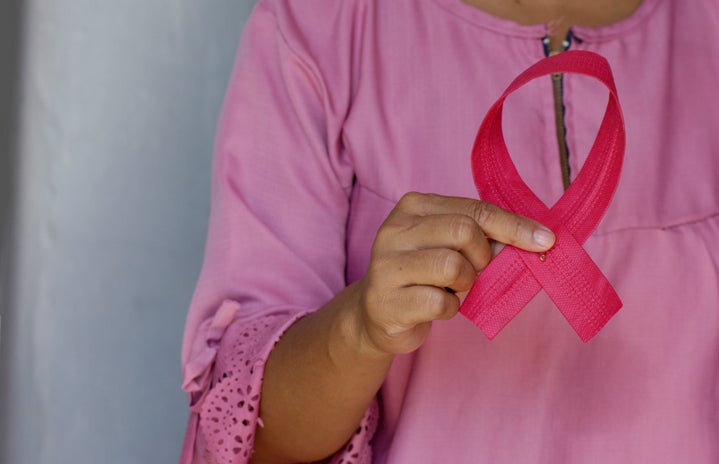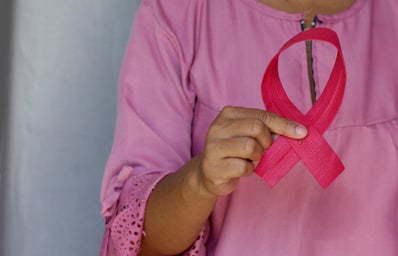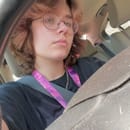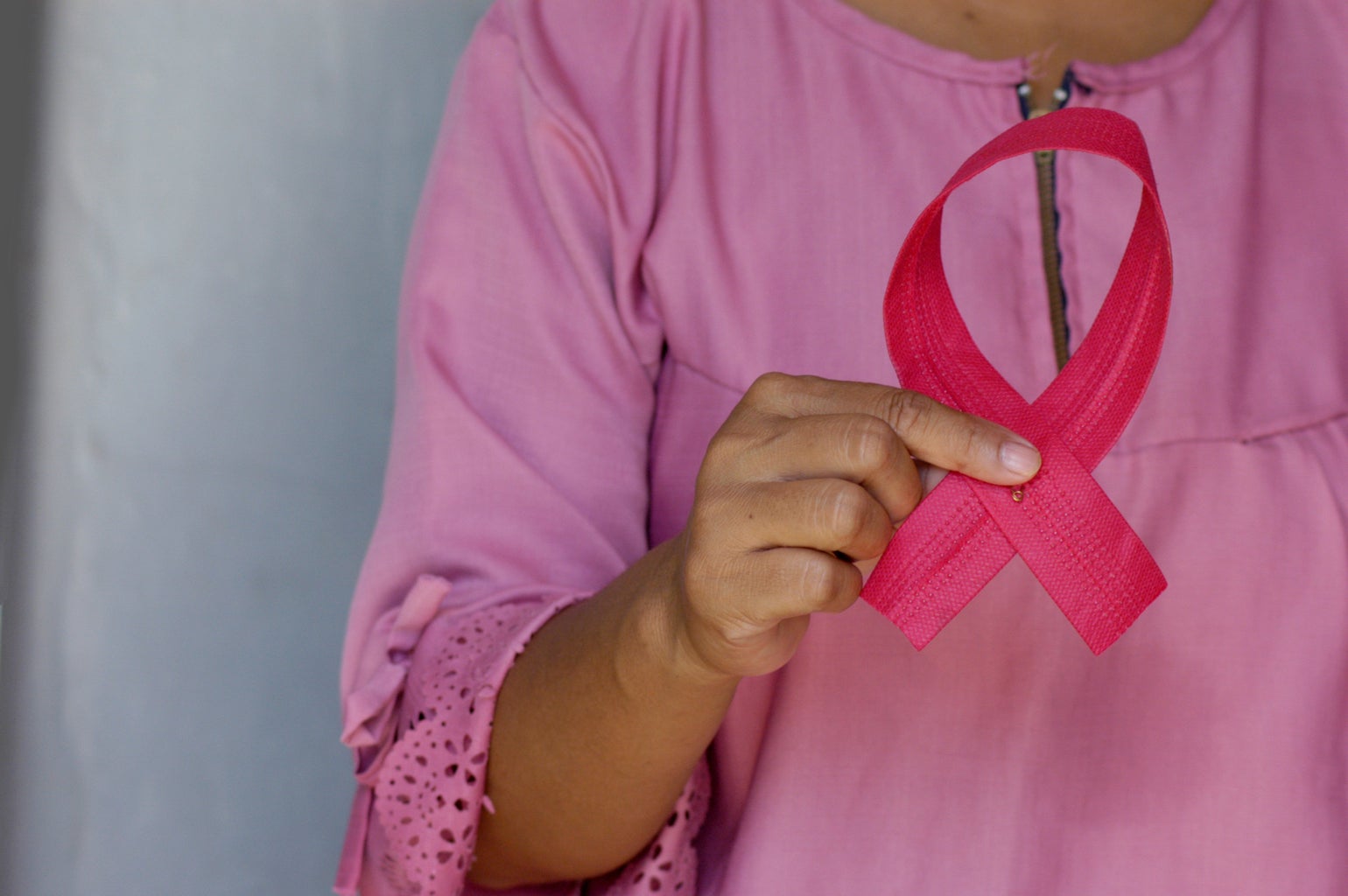As I’m sure we’re all aware, October marks national breast cancer awareness month (falling right after ovarian cancer awareness month!). With this comes, of course, the reminders to do self-exams and advocate for ourselves in cases where something unusual is found, typically a lump of some sort.
However, it’s not always that simple. Take, for instance, the example of Kylie Armstrong, whose cancer appeared in the form of dimpled tissue, rather than defined lumps. Or perhaps the fact that a significant number of women with cervical cancer were not properly screened within the recommended window. And when looking at AFAB individuals who have been diagnosed with breast cancer and receive care, Black women consistently die at significantly higher rates than white people—a 40% higher death rate.
We can, of course, advocate for ourselves and try to make a difference. We just have to be prepared for the comments, that we don’t really know what pain is like yet, that it’s anxiety or maybe your period, or growing pains. Seeking help for medical problems as a female often ends up a fruitless endeavor, no matter how worrisome the symptoms. Women, particularly young women, fat women, and women of color, are statistically overlooked and ignored when they seek medical care and accommodations, and it is by no means a rare phenomenon.
20% of women report feeling that healthcare providers have dismissed their symptoms, and 17% feel they are treated differently because of their gender—compared with only 14% and 6% of men, respectively. Studies have shown that women who present the same symptoms to doctors as their male counterparts receive different or unequal treatment, in many cases resulting in worse results.
In many cases, females were left out of clinical trials for treatment altogether, the main explanation for which being that their hormone levels were “too unpredictable.” Healthcare workers know less about women, and thus, don’t know what to do about them in medical settings.
While the severity of the problem has decreased, with female individuals now making up around half of the participants in many clinical trials, and the National Institute of Health now having an entire office dedicated to researching women’s health, rates of mortality and misdiagnosis are incredibly high, and far too many women fall through the cracks of the system. So what can be done?
The main thing we need to be doing is to advocate, for both ourselves and for others. Spread awareness of the issue, and amplify voices that are often glossed over. Poor Black women, fat women with joint issues, addicts and those with anxiety, anyone seen as “too young,” and more, often end up overlooked entirely, and in many cases the deaths of these people in healthcare settings are preventable.
Advocate for education on women’s issues, for health studies that center females, particularly non-white ones, and keep pushing. Not only that, but try to get more comfortable being direct, being pushy. Involve yourself when and where you recognize inequality. Ask why. Push back.
Time and time again women, particularly women of color, are pushed to the sidelines in healthcare, and in order to promote awareness of cancers that primarily affect women and other AFAB individuals, we need to promote their empowerment in medical environments. We need to advocate, for ourselves and for each other. So enjoy the rest of your spooky season, and remember to keep pushing back. We’ve still got a ways to go.



